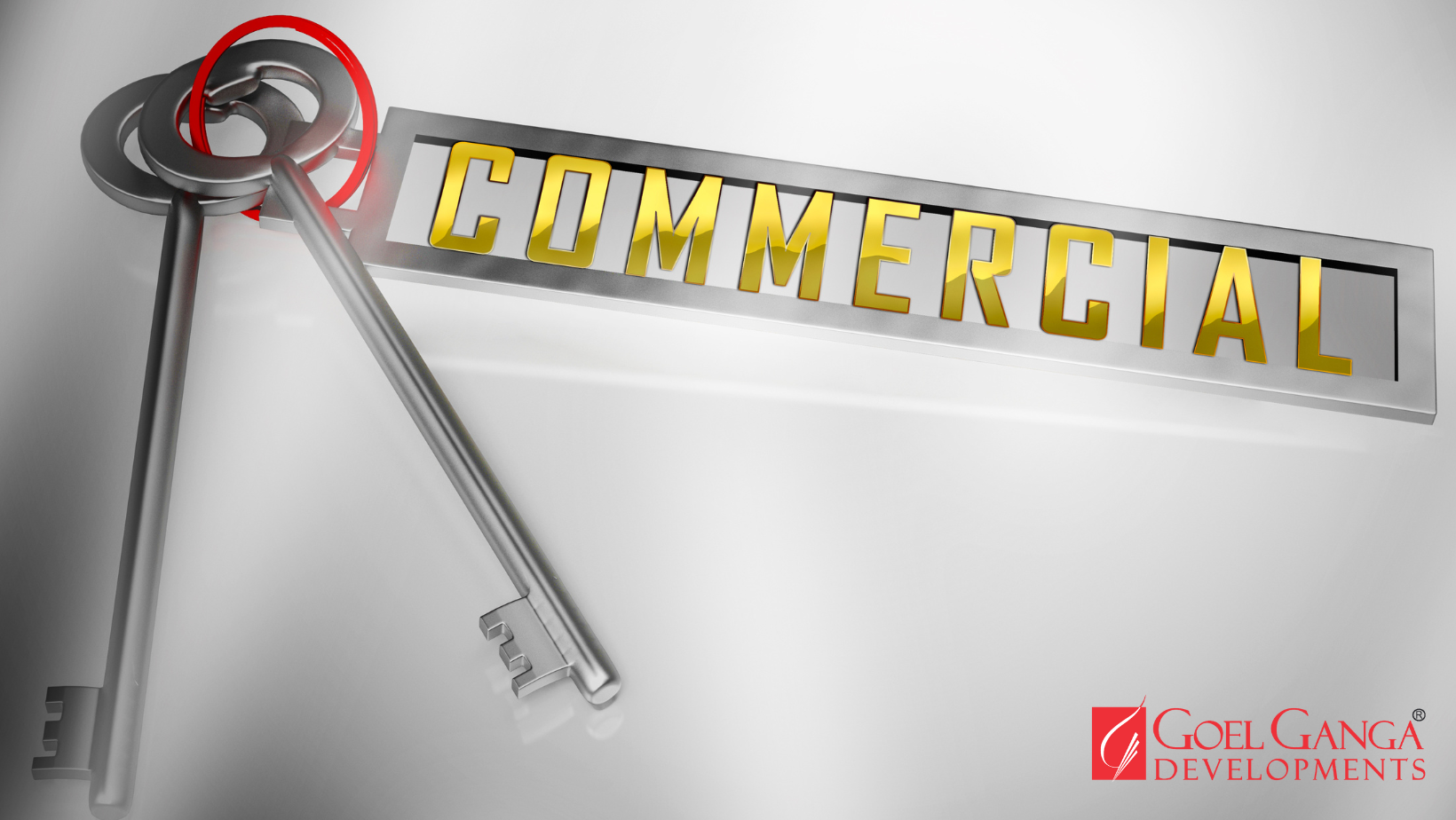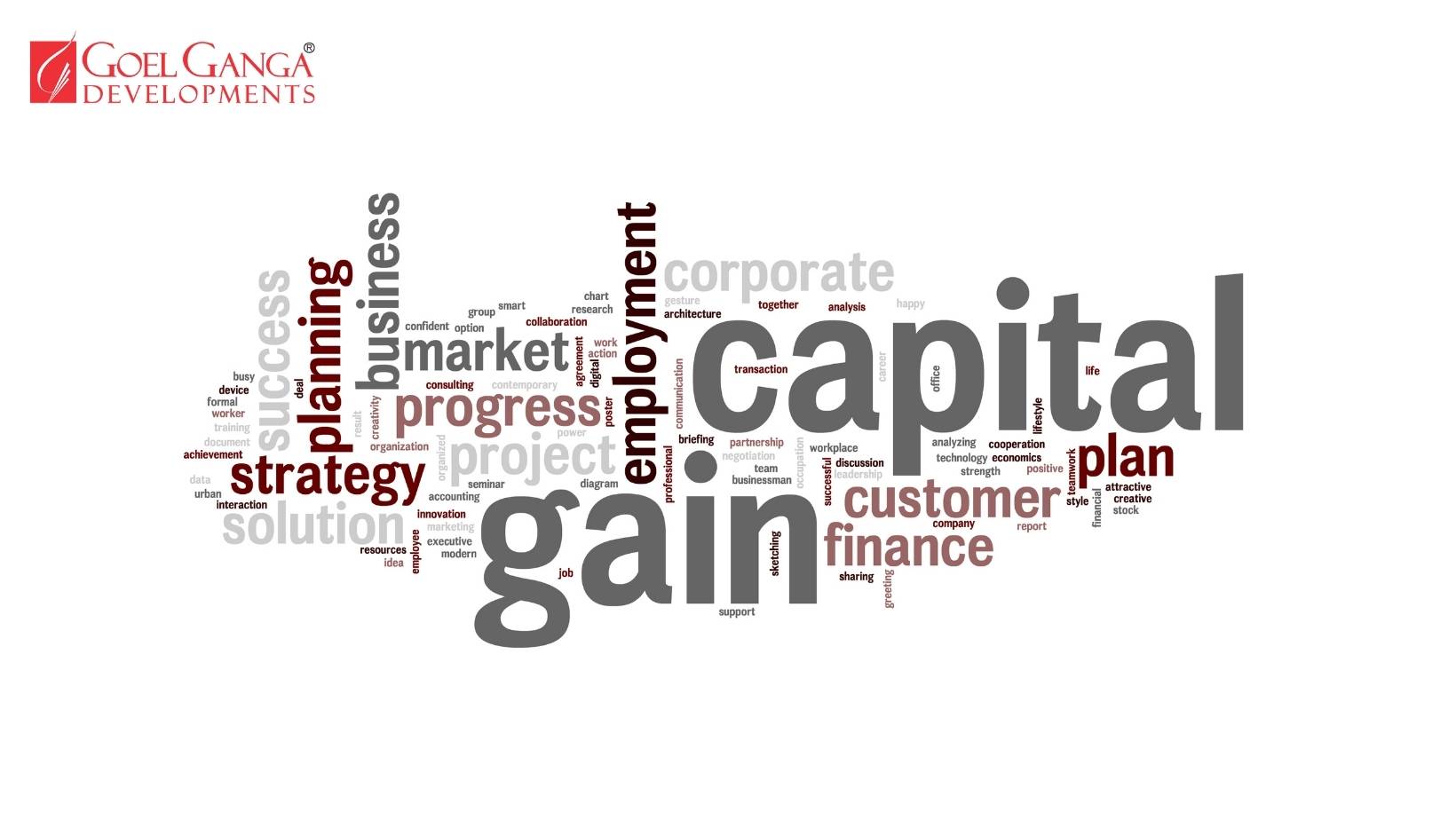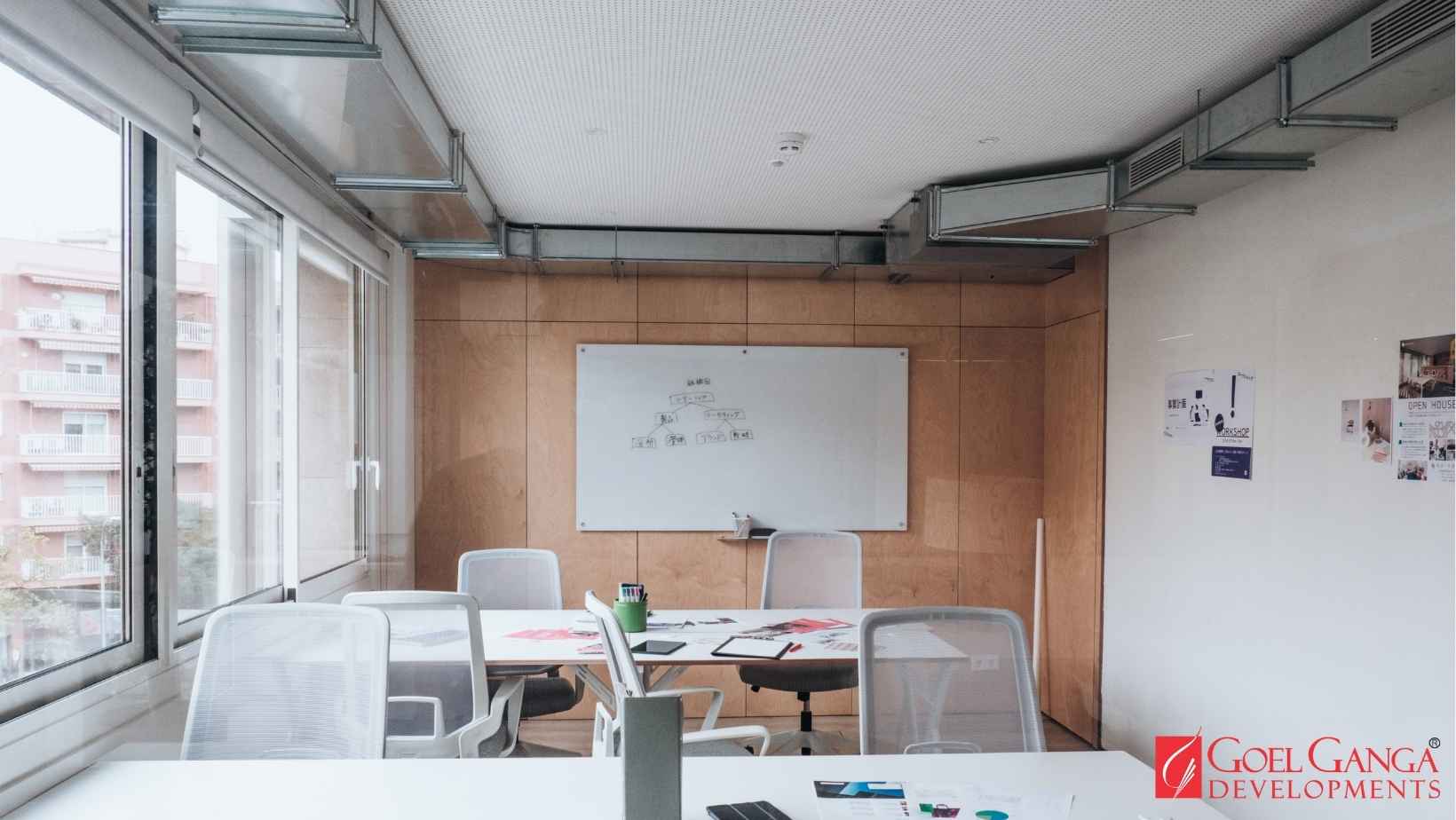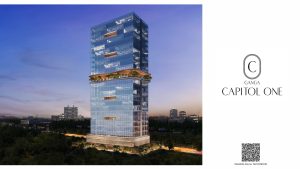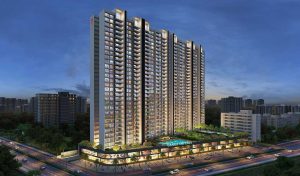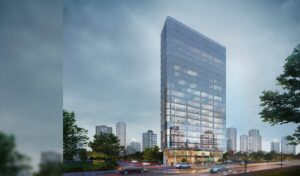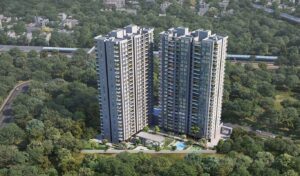Pune has become a hub of opportunities, attracting investors from all over the world. It’s booming IT, startups, manufacturing, and automobile industries have created a massive demand for commercial properties. With a projected growth rate of around 15%, Pune’s commercial real estate market is a lucrative investment opportunity. Its strategic location and proximity to Mumbai make it an attractive alternative for businesses and first-time commercial property buyers. Buyers who are looking to establish a presence in major Indian cities.
The office real estate market in Pune is on an upward trajectory, with a record high of 6.9 msf of new supply entering the market in 2022, indicating the city’s robust economic growth. Institutional developers have driven this growth, accounting for most of the new collection. The PBD West and SBD East areas have seen the highest growth, and a promising new supply pipeline is expected to be added to the market in the coming years.
If you’re looking to invest in commercial properties in Pune, there are a few essential tips you should keep in mind to maximize your returns. Pune’s commercial real estate market is booming, making it an appealing investment prospect because of the city’s thriving industries. Ten suggestions are provided below to aid you in making wise investment choices:
Market Research:
Pune’s commercial real estate market has grown steadily, with leasing volume reaching record highs. Analyzing commercial buildings, monitoring the need for office space, and monitoring the kinds of firms growing in the neighborhood are all crucial steps in making wise investment decisions.
Location:
One of the most crucial considerations when investing in commercial real estate is location. A property near major transportation hubs or areas with high foot traffic can maximize returns and ensure long-term growth.
Financing:
Financing options must be carefully evaluated to avoid excessive long-term debts that can jeopardize profitability. Consider long-term plans, EMI affordability, down payments, savings, and potential debts when selecting financing options.
Accessibility:
Accessibility is a critical factor when selecting commercial properties. A property in a remote location may require ample parking space for staff and clients. Alternatively, a property near public transportation may offer employees more convenient commuting options. Such considerations can impact the overall user experience and, thus, demand for the property.
Evaluate Financing Options Carefully:
Financing options must be carefully evaluated, considering long-term plans, EMI affordability, down payments, savings, and potential debts. To avoid jeopardising profitability, it’s crucial to prevent excessive long-term debts.
Flexibility is Key:
Flexibility is essential to ensure the property can be modified and customised to suit the business’s evolving needs. This requires carefully evaluating the property’s infrastructure, including electrical and plumbing systems, layout, and overall design.
Consult with the Best Builders in the Market for Premium Build Quality:
It’s essential to consult with the best builders in the market to ensure premium build quality, ease of finding tenants, and efficient property maintenance. Though such properties may come at a higher cost, the long-term profitability of the investment justifies the expenditure.
Consider the property’s potential for future development:
Before purchasing a commercial property, it’s essential to consider its potential. This involves evaluating factors such as zoning regulations, building codes, and the availability of utilities and infrastructure. Investing in a property with the potential for future development can increase its long-term value. It also increases profitability and provide additional revenue streams.
Research the local market and economic trends:
Investing in commercial real estate requires a thorough understanding of the local market and economic trends. This includes researching the demand for commercial properties in the area and the supply of competing properties. Additionally, it’s essential to stay informed about economic trends and events that could impact the local real estate market, such as changes in interest rates, inflation, and unemployment rates.
Plan for unexpected expenses:
When investing in commercial real estate, planning for unforeseen expenses that could arise throughout ownership is essential. This includes costs related to maintenance, repairs, and renovations, as well as legal fees and property taxes. By setting aside funds for these expenses and including them in your financial projections, you can help mitigate the risk of unexpected costs impacting the profitability of your investment.
Mr. Anurag Goel, director of Goel Ganga Developments, says, “Investing in a property that caters to your business’s unique needs is crucial for long-term success and profitability. You deserve a space that enhances your business and meets your specific requirements. While finding a property built specifically for your business may require patience and time, the benefits are invaluable. You can explore under-construction properties to find one tailored to your needs.“


